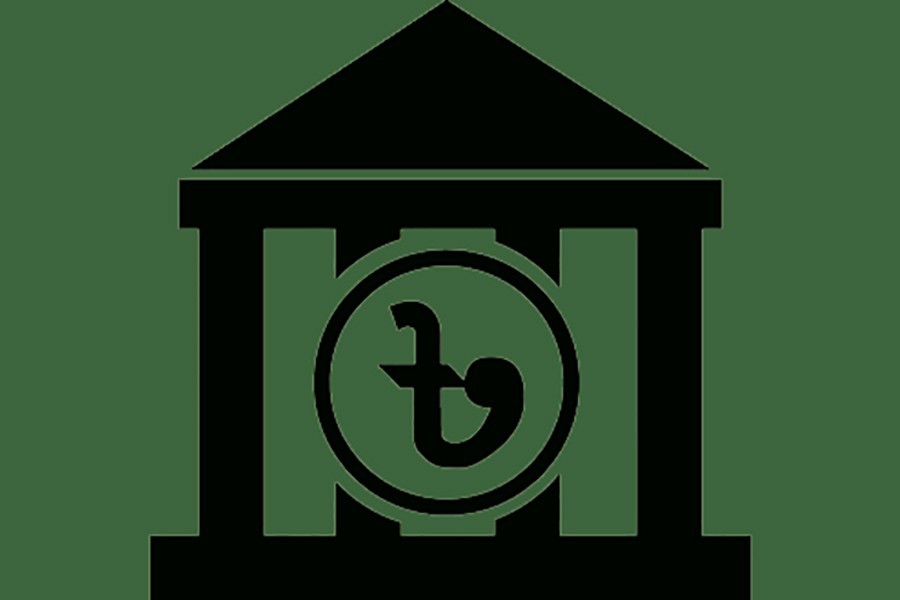Borrowers should brace for costlier funds as lending-rate caps are being phased out to give a much-coveted profitability raise to bankers who lament inflationary pressure on their earnings, sources say.
Bangladesh Bank (BB) plans to lift the limits on interest on credits in phases from the third quarter (Q3) of this fiscal year, but 'unofficial' hints already begin giving the banks a free play.
In accordance with the plan, officials say, the central bank is set to lift the interest- rate cap on SMEs first, to be followed by working capital and industrial term loan in tandem.
This reverting to open money market allows banks to raise the rate on interest to "balance out the crushing pressure of inflation".
As part of the move to reintroduce market-driven lending rate, the central bank has verbally but unofficially allowed the banks to enhance interest rate for consumer goods, sources at the BB said.
Seeking anonymity, a BB official said they had discussed the matter in recent meetings and decided to remove the ceiling on lending rate in phases so that it does not trigger any panic to any quarter.
He adds: the BB has already instructed the banks 'unofficially' to increase interest rate for consumer products. "Now, we're planning to remove the cap in phases from the coming Q3 of this fiscal (FY'23). Most probably, SMEs will come next followed by working capital and industrial term loan."
The BB official says the inflationary pressure prompts the banks to increase deposit rate and it put immense pressure on spread because of the ceiling. As a result, profitability of the banks started shrinking.
"That's why we're planning to remove it to give much-needed respite to the lenders," he adds.
The move, incidentally, comes few weeks after a delegation of the International Monetary Fund (IMF) during their hectic discussions with the BB was suggesting the central bank to allow the interest rate to be market-driven.
Bankers hail the move, saying that the phasing out of the ceiling will not only help in making the banks sustainable but also facilitate investment to go into proper areas alongside ensuring efficiency in the market.
Contacted for his view on the undoing of the regulation on the banking operations, Chairman of the Association of Bankers, Bangladesh (ABB) Selim R. F. Hussain said market should be the determinant of any pricing because it will help bring efficiency in the market.
"Artificial restriction or control is not a good sign for any economy."
Mr. Hussain, also Managing Director and Chief Executive Officer (CEO) of Brac Bank, mentions that Bangladesh government in the early 90s lifted all artificial restrictions on the financial institutions under the Financial Sector Reform Project. Since then, the banks had started flourishing here.
"But this lending-rate cap has kept the banks on back-foot a bit. I think the cap-removing decision, if executed, will largely help the economy as a whole," he says.
Hailing the reversal move, Managing Director and Chief Executive Officer of Mutual Trust Bank Limited Syed Mahbubur Rahman says banks are facing difficulties in maintaining sustainable balance-sheet as core revenue of the banks kept shrinking because of the ceiling.
"Taking fund at 7.0 to 7.50 per cent and investing at 9.0 per cent is not viable at all because if we add growing cost of fund, it would be over 9.0 per cent. Then how can we keep 1.0 per cent as provision?" He posed the question.
"I think if we want to make the banks sustainable, we need to raise net interest earnings. For that, we have to remove the ceiling. There is no alternative," says the banker, on an emphatic note for the reversion.


